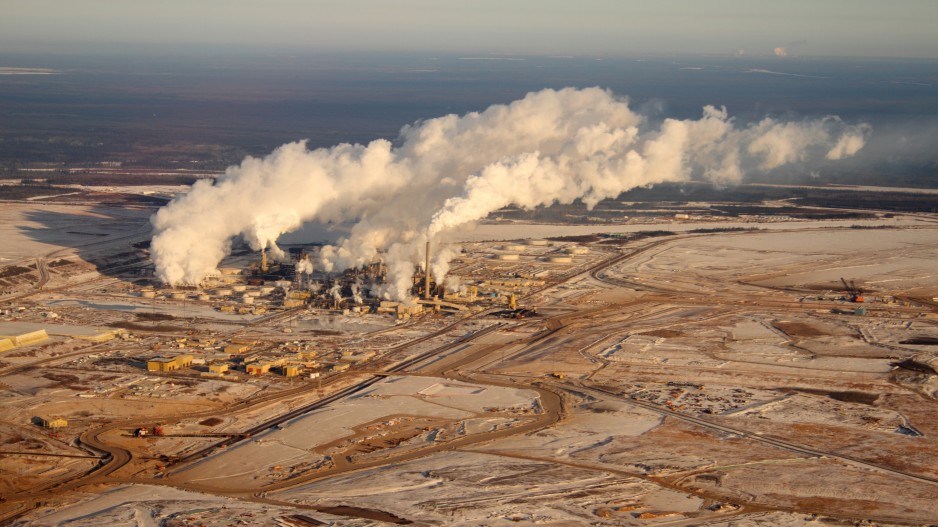Canada’s economy has grown steadily since 1980, but a new report from the International Institute for Sustainable Development (IISD) says there are several factors that suggest it is on shaky ground.
Levels of household debt that haven’t been seen since 1980 and a reliance on foreign lenders for almost three-quarters of all investment in the country after 2012 were listed as the main reasons for the shaky foundation.
“Since 1980, Canada’s GDP grew more than five times faster than the wealth foundation on which it rests,” said report author Robert Smith.
“That’s not sustainable.”
Another reason the Canadian economy is on shaky ground is the fact it depends on a concentration of investment in just two areas: housing and oil and gas extraction infrastructure. As well, a stagnation of human capital, defined as lifetime earning potential; an 86% drop in the value of the oil sands, Canada’s most valuable asset; and vulnerability in wealth due to climate change impacts are causes for concern.
The IISD argues that the federal government has been relying on short-term indicators like gross domestic product when drafting policy and measuring progress, but it should instead be looking at the wider picture by taking into account measures of comprehensive wealth.
“The foundation of Canada’s robust GDP growth since the 1980s – its comprehensive wealth – has developed much more slowly and is showing real signs of fragility,” said IISD president and CEO Scott Vaughan.
“Once you peel back GDP to look at its underlying factors, big red flags start waving on how sustainable our economic results are.”
According to the report, the measure of comprehensive wealth includes:
- produced capital: buildings, machinery and infrastructure;
- natural capital: forests, minerals, fossil fuels and other natural assets;
- human capital: value of the skills and knowledge in the workforce;
- financial capital: stocks, bonds, bank deposits and other financial assets; and
- social capital: the degree of civic engagement and cooperation in society.
“If the government adopts comprehensive wealth as a new lens to measure progress, Canada will lead the world in complete reporting and planning,” Vaughan said.
The full report can be found here.
@EmmaHampelBIV




